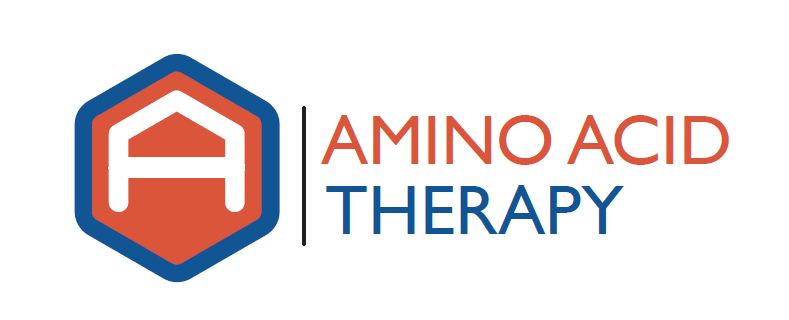 Many medications, both over the counter and prescription can cause neurotransmitter depletion over time. This usually happens because the drug/medication forces the body to release more neurotransmitter and/or blocks the reuptake of neurotransmitter into the neurons where they are protected. This increases the degradation of neurotransmitters and exacerbates neurotransmitter imbalances over time. This is what is happening when a drug (or class of drugs such as SSRIs) stops working – the levels of stored neurotransmitters have dropped so low due to the medication that there is no longer enough neurotransmitter for the drugs to push around.
Many medications, both over the counter and prescription can cause neurotransmitter depletion over time. This usually happens because the drug/medication forces the body to release more neurotransmitter and/or blocks the reuptake of neurotransmitter into the neurons where they are protected. This increases the degradation of neurotransmitters and exacerbates neurotransmitter imbalances over time. This is what is happening when a drug (or class of drugs such as SSRIs) stops working – the levels of stored neurotransmitters have dropped so low due to the medication that there is no longer enough neurotransmitter for the drugs to push around.
Other medications can cause permanent damage to the neurotransmitter receptors or the neurons themselves. This damage is irreversible and called ‘neurotoxicity’. Even though neurotoxicity is irreversible, it can be managed with the proper use of amino acid therapy.
Here is a partial list of drugs and medications that can deplete neurotransmitter levels:
TABLE – 3 COLUMNS
Anti-Depressants (SSRIs) including: Luvox, Zoloft, Prozac, Celexa, Paxil
Trazadone (Deseryl)
Sinequan (Doxepin)
Serzone
Effexor
Meridia
Phendimetrazin (Bontril)
Phentermine (Adipex)
Phenylpropanolamine (Dexedrine)
Tenuate
Mazindol
Fenfluramine
Amphetamines (including Ritalin)
Ephedra
Caffeine
Alcohol
Nicotine
Imitrex
Zomig
Maxalt
Amerge
Amitriptyline (Elavil)
Nortryptyline (Norpramin)
Remeron
Wellbutrin (Zyban)
Thioridazine (Mylan)
Barbiturates
Marijuana/THC
Cocaine
Heroin
Opioids

